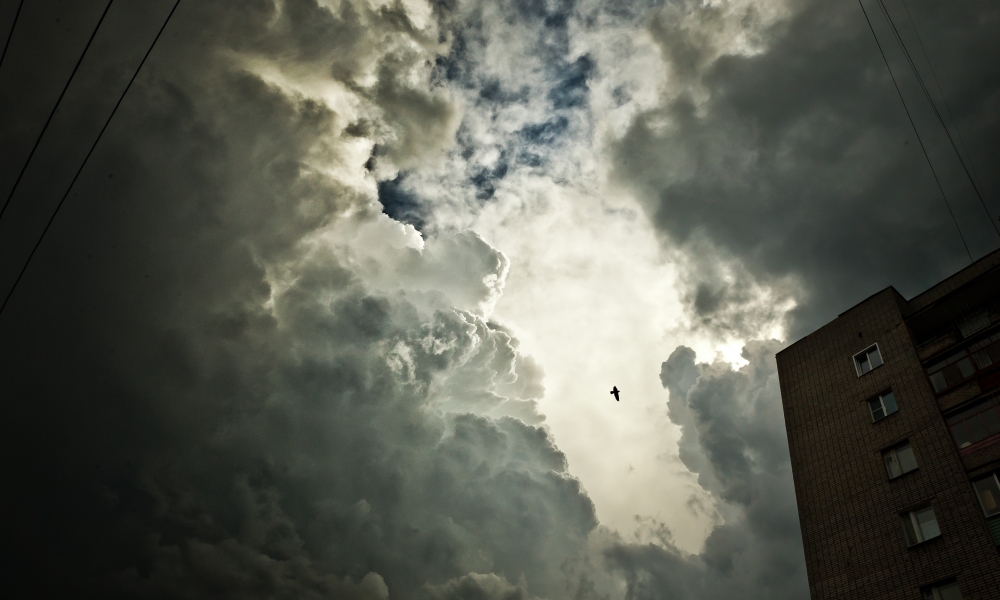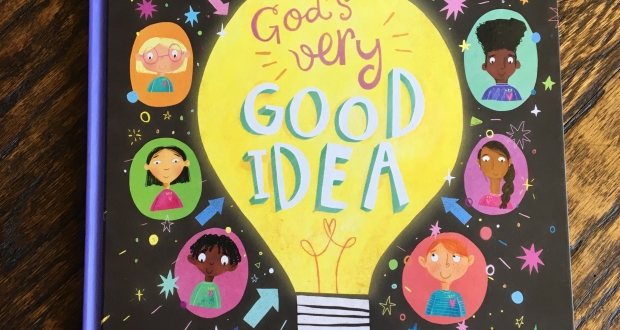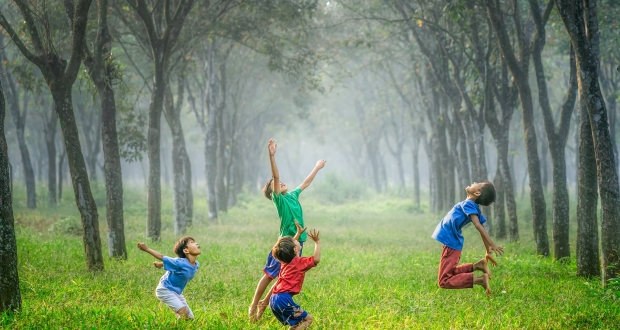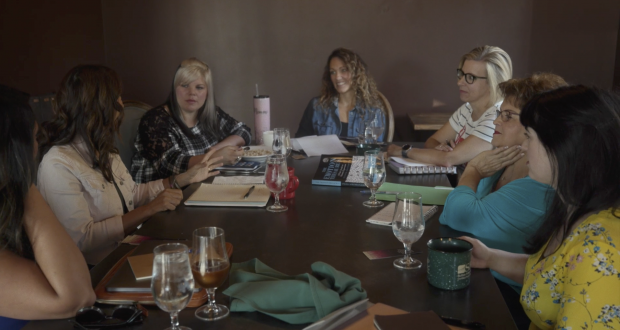Originally published in Fathom Magazine
Thus says the Lord of hosts: “Consider, and call for the mourning women, that they may come; send for the skillful women, that they may come; let them make haste and raise up a wailing over us, that our eyes may shed tears and our eyelids flow with water.”
—Jeremiah 9:17–18
In the midst of the hottest summer on record we’d driven a U-Haul from Iowa to Dallas. Strong, kind, young, Chadian cousins carried load after load of our belongings up the stairs to our apartment, welcoming us into their adopted homeland. Their singsong joking comforted me even if I didn’t understand the whole conversation as it moved through languages.
These nuances represented our dream to build a life out of our shared history. I grew up as a missionary kid in Swaziland and Kenya, my husband Nate a local from Chad, Africa. He’d lived in Dallas while his father went to seminary. We’d gone searching for a new sense of home in hopes of drawing close to his culture for our three-year-old daughter and the baby on the way. At twenty weeks pregnant, I’d been so carefree walking out the door. It was simply going to be a routine visit.
Then, in this brand new place, a brand new doctor had told me there was no longer a heartbeat. All alone, I’d driven home and tumbled into Nate’s waiting arms. We were halfway through. There’d been so much promise. Now we entered the hospital to hold a baby we’d never see grow old, to say hello and goodbye all at once. Returning to my new mess I felt empty and numb.
“She needs to be here.”
“Now, baby, my mother is going to come,” Nate suggested softly. “I know it might feel awkward but she needs to be here. You don’t need to talk to her, but we can’t keep her away.”
I had no etiquette for this part of life, no preparation or experience in a life lost before it was known. If she needed to come, perhaps that was right.
My mother-in-law’s culture understands that as you make memories in your grief, you wring out the pain that’s festering inside. You lift the burden of everyday life for those overwhelmed with sorrow and you corporately leave normal for a moment. Life may march on outside your door, but inside, time stops.
The Strength of a Raw Grief
Years ago I knocked on the door of an African friend who’d suddenly lost her mother. I made eye contact with my friend and did what came naturally to me. I smiled. It was more of a grimace but it was my traditional greeting, and since we were on western soil I didn’t think anything of it.
My friend smiled at me. We embraced, cried, then just sat together.
Behind me, a beautiful, educated woman of African descent crossed the threshold and began to wail. She hit her knees openly in a house full of strangers. My friend threw her head back and sobbed. They embraced, shuddering with guttural groans of grief. The people in the room swayed with the strength of their grief, absorbing and accepting the pain. The wave of sadness passed into silence.
Finally, they stood and filled the silence with encouragement. It was primal, instinctual, and so much more appropriate than my hushed and timid smile.
I learned something about grief that day: it’s supposed to be felt and it’s supposed to be communal.
The Agony That Heals Us
I’ll be the first to admit that mourning publicly is agony to me. Usually all I want to do is withdraw from humanity and every reminder of life. But grief in scripture is both physical and public.
In biblical times, some women were paid mourners. They set the tone for the community to embrace loss and usher the physical body into the act of grief. Neighbors and friends assisted the broken by acknowledging the magnitude of the loss. The hole ripped the fabric of our lives. They declared, “This is painful, this is weighty, we will help you carry this burden.”
Whenever Jesus healed a sick or dying person he was surrounded by a crowd, the friends and family who’d gathered to mourn in solidarity. Romans 12:15 tells us to rejoice with those who rejoice and weep with those who weep. The term wailing appears forty-three times in the context of repentance and grief. Tears and laughter are supposed to be the glue that binds us together. What happens to you actually matters to me. We’re in this together and not just in spirit.
Finding the Courage to Cry
Recently, I made my way up the driveway of a friend with fear and sadness.
Jesus, I can’t stay away—others braver than I pushed into my world. Please, please, please help me not say the wrong thing.
I’d gotten the text minutes earlier, the test was negative; the two tiny souls implanted by the marvel of modern medicine had slipped into eternity without justice or reason.
“I’m so sad.” It was all she got out before we collapsed into tears. There was nothing epic about my words and I’d slipped back out the door ten minutes later after a snotty goodbye. My place was not to comfort but to weep. I understand that now.
We are stronger when we wail together.

Photo by Vladimir Chuchadeev on Unsplash



















